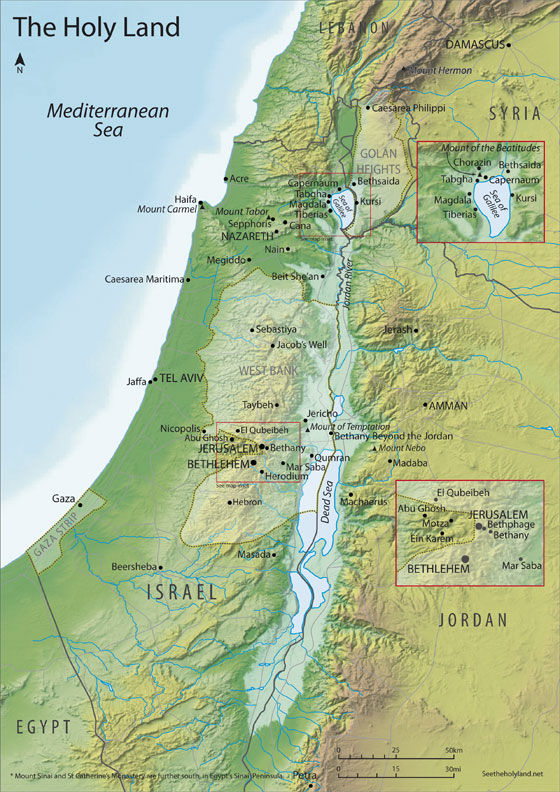The War in the Holy Land End
- 100 Minutes With Osaba bin Laden

- Aug 20, 2024
- 3 min read

The conflict between Israel, Gaza, and Lebanon is a complex and deeply rooted issue, involving historical, political, and social dynamics that have evolved over decades. The tensions are largely centered around the Israeli-Palestinian conflict, with Gaza being a focal point due to the presence of Hamas, and Lebanon playing a role primarily through Hezbollah, a militant group with ties to Iran.
History
The roots of the conflict can be traced back to the early 20th century, with the decline of the Ottoman Empire and the subsequent British mandate in Palestine. The establishment of the state of Israel in 1948 led to the first Arab-Israeli war, resulting in the displacement of hundreds of thousands of Palestinians. This event, known as the Nakba or "catastrophe" in Arabic, is a pivotal moment in Palestinian history and a source of ongoing grievance.
The Gaza Strip, a small territory on the Mediterranean coast, was under Egyptian control until the 1967 Six-Day War, when Israel occupied it along with the West Bank and East Jerusalem. Over the years, Gaza has become a symbol of Palestinian resistance, particularly after the rise of Hamas, an Islamist militant group that took control of the territory in 2007. Hamas' charter calls for the destruction of Israel, and the group has engaged in numerous conflicts with Israel, launching rocket attacks that have provoked harsh military responses.
The Role of Gaza
Gaza has been a flash point for violence, with periodic escalations leading to widespread destruction and loss of life. The blockade imposed by Israel and Egypt since 2007 has led to severe economic and humanitarian conditions in Gaza, contributing to the cycle of violence. The Israeli government justifies the blockade as necessary for security, citing the need to prevent weapons smuggling to Hamas. However, critics argue that the blockade amounts to collective punishment, exacerbating the suffering of the civilian population.
The most recent escalations typically follow a familiar pattern: Hamas fires rockets into Israel, often in response to perceived provocations, such as incursions into Al-Aqsa Mosque in Jerusalem or the expansion of Israeli settlements in the West Bank. Israel retaliates with airstrikes, targeting Hamas infrastructure but often causing civilian casualties due to the densely populated nature of Gaza. These cycles of violence have become a tragic routine, with little progress toward a lasting peace.
Lebanon's Involvement
Lebanon's involvement in the conflict is primarily through Hezbollah, a Shiite militant group and political party with significant influence in the country. Hezbollah was founded in the 1980s with support from Iran, and it has fought several wars with Israel, the most significant being the 2006 Lebanon War. Hezbollah's stance against Israel is part of a broader regional conflict involving Iran, which seeks to expand its influence in the Middle East and challenge Israel's existence.
Hezbollah's role in the Israel-Gaza conflict is both direct and indirect. The group occasionally engages in skirmishes with Israeli forces along the Lebanon-Israel border, and it provides support to Hamas and other Palestinian factions. The fear of a two-front war, with Hezbollah in the north and Hamas in the south, is a constant concern for Israel's military planners.
Current Dynamics and Challenges
The conflict between Israel, Gaza, and Lebanon is deeply entrenched, with little hope for a quick resolution. The international community, including the United Nations and various governments, has called for ceasefires and peace negotiations, but these efforts have largely been unsuccessful. The fundamental issues—such as the status of Jerusalem, the right of return for Palestinian refugees, and the future of Israeli settlements—remain unresolved.
The conflict is not just a territorial dispute but also a struggle over national identity, historical grievances, and religious significance. It affects millions of people and has far-reaching consequences for regional and global stability. Until a comprehensive peace agreement is reached, the cycle of violence is likely to continue, with devastating consequences for all parties involved.



Comments